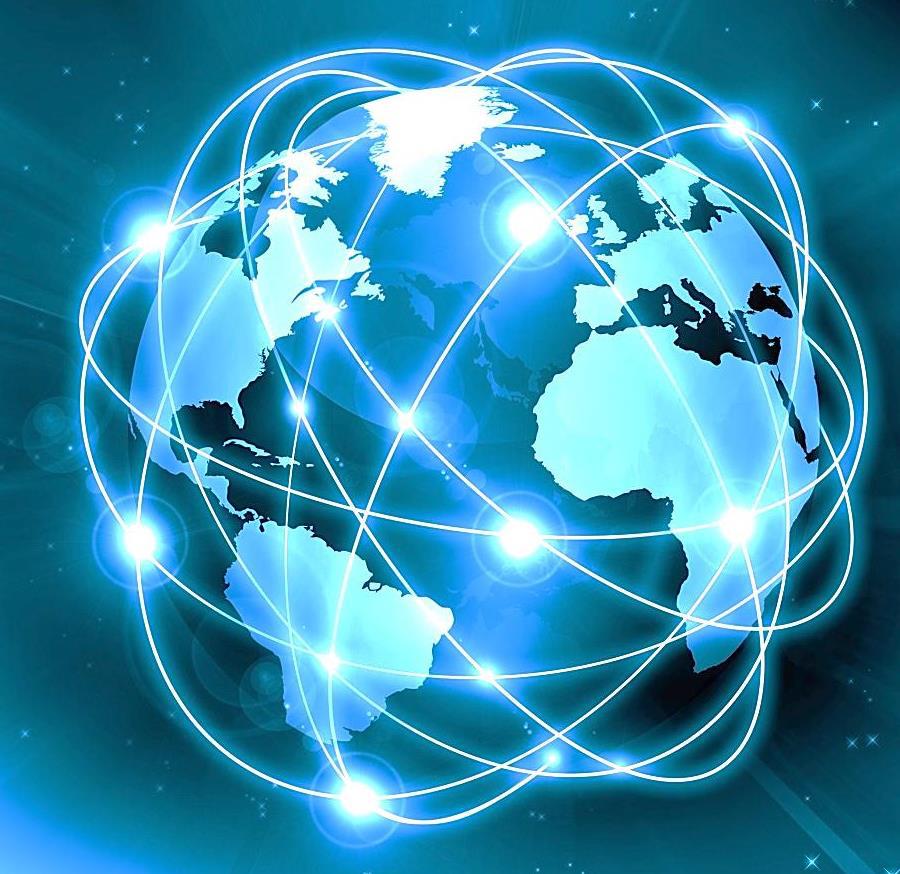The Council of Europe Committee of Ministers today adopted its Internet Governance Strategy for 2016-2019, which aims at tackling the challenges to human rights, democracy and the rule of law in the rapidly evolving online environment.
With the strategy, the Council of Europe endeavours to help its 47 member states to effectively protect and respect human rights and the rule of law online, and to empower people to explore the potential ofInternet for education and democratic participation.
It spells out the Council of Europe’s priority lines of work in the next four years in different fields. It addresses, for example, issues such as the “Internet of things” – a growing trend which allows users to be connected to household devices -, mass surveillance, violent radicalisation, hate speech, and online abuse.
As a priorities, the public service value of the Internet as enabler for participation in public life and enjoyment of digital culture will be further explored and promoted.
This new strategy innovates in underlining the importance for users to develop a balanced relationship with the Internet, based on the freedom to connect but also to disconnect.
The following are some of the actions planned:
- Set up a platform between governments and major Internet companies to promote respect for human rights online;
- Develop concrete measures to address concerns about mass surveillance and bulk interception of data;
- Develop standards on the role of Internet intermediaries with regard to freedom of expression, taking into account best practices on blocking, filtering and takedown of Internet content;
- Launch a consultation on European education aiming at preparing a white paper on media and information literacy
- Promote the setting up of a network of national institutions to guide Internet users to seek redress when their human rights were breached online;
- Conduct a triennial reporting on the state of data protection on the Internet in Europe;
- Assess and review the governance of mobile health and electronic health.
To implement the strategy, the Council of Europe will work together with other international organisations, the private sector, civil society, researchers, academics, and Internet governance networks and bodies, such as the Internet Governance Forum or the European Dialogue on Internet Governance (EuroDIG).
Special thematic file: The Council of Europe and the Internet














